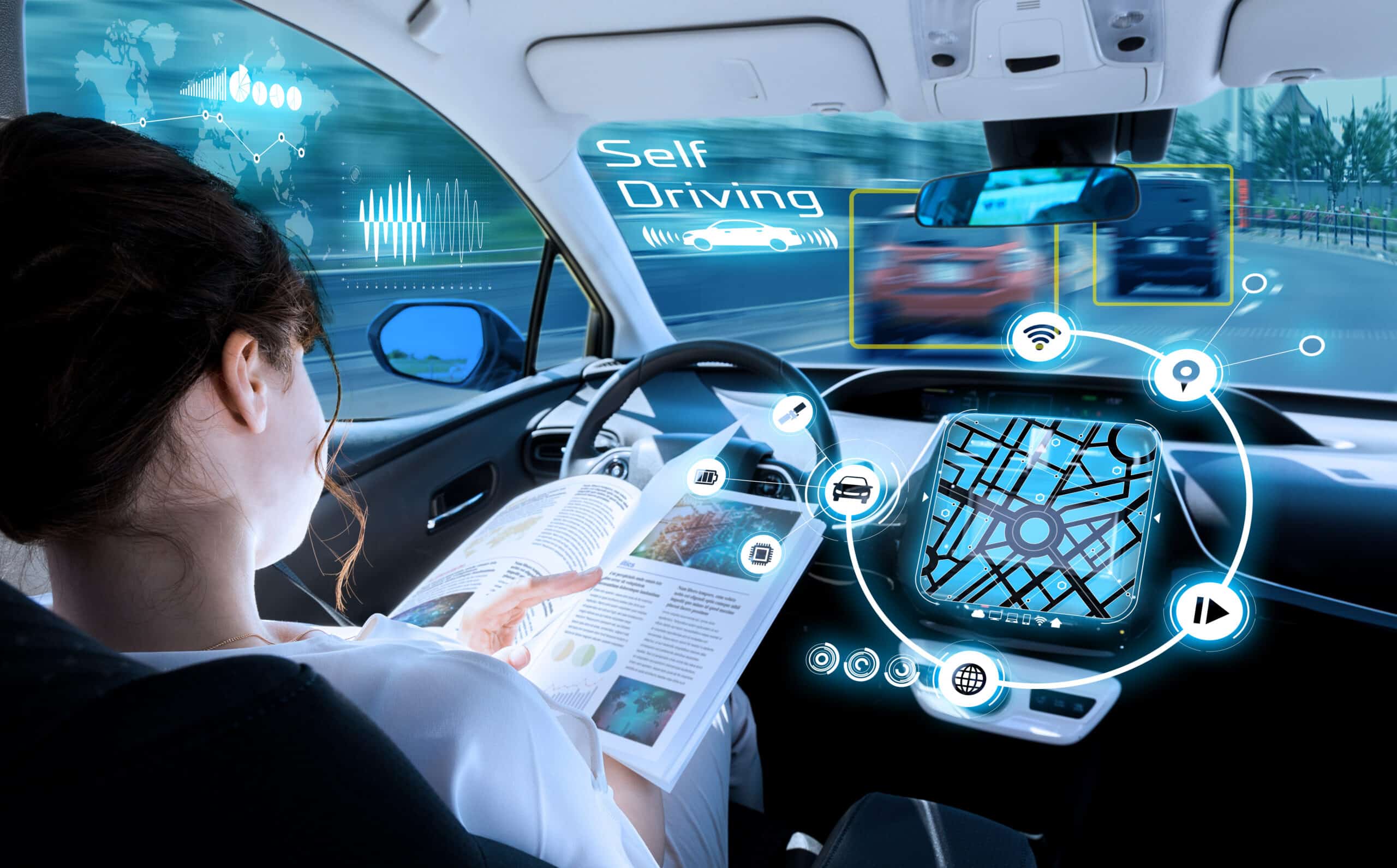When AI Goes Wrong: Suing Self-Driving Car Manufacturers
Self-driving cars have promised a future of safer and more efficient transportation. However, as this technology evolves, there is a growing concern about what happens when AI-controlled vehicles go wrong.
While self-driving cars have the potential to reduce accidents, there are still circumstances in which individuals might have legal grounds to sue self-driving car manufacturers for accidents or defects. This blog will delve into these circumstances and explore the legal implications surrounding self-driving car accidents.
Product Liability
Regarding self-driving cars, one of the primary avenues for legal action is product liability. Product liability holds manufacturers responsible for injuries or damages caused by defective products. In the context of self-driving cars, defects can be related to both the hardware and the software.
Hardware defects may involve faulty sensors, cameras, or other components that comprise a vehicle’s ability to navigate safely. For instance, if a self-driving car’s camera system malfunctions, leading to a collision, the car manufacturer could be held liable for the resulting damages.
Software defects, on the other hand, can result from programming errors or inadequately tested algorithms. If a self-driving car’s AI system fails to detect an obstacle or makes incorrect decisions, leading to an accident, the software developer or manufacturer may be found at fault.
Failure to Warn
Manufacturers are also responsible for providing clear warnings to users about the limitations of self-driving technology. Self-driving cars are not infallible, and users should be aware of the situations in which human intervention might be necessary. Failure to warn users adequately about these limitations can lead to legal action.
For example, if a self-driving car manufacturer fails to warn users that the vehicle may struggle in certain weather conditions or that it may not detect certain types of obstacles, they could face legal consequences if an accident occurs due to these unaddressed limitations.
Negligence
Negligence is another legal avenue for individuals to sue self-driving car manufacturers. Negligence claims can arise if a manufacturer or developer fails to exercise reasonable care in designing, testing, or deploying self-driving technology.
Negligence may be demonstrated if the manufacturer knew or should have known about a defect or limitation but did not take appropriate steps to address it. This could include inadequate testing, lack of software updates, or not responding to known safety issues promptly.
Cybersecurity and Hacking
In the age of self-driving cars, cybersecurity is a critical concern. Hackers might target self-driving cars to gain vehicle control, creating a dangerous situation. If a self-driving car manufacturer does not implement robust security measures to prevent hacking, they could be liable for accidents caused by unauthorized intrusions.
Moreover, if a manufacturer fails to provide timely security updates and patches, they may face legal consequences if a vulnerability leads to an accident. This aspect of self-driving car liability is evolving rapidly as technology and cybersecurity threats evolve.
Self-Driving Cars & Product Liability
The introduction of self-driving cars represents a remarkable advancement in technology. However, with these innovations come new legal challenges. Individuals who have been involved in accidents or experienced damages due to self-driving car defects, failures, or hacking incidents have several potential avenues for legal action.
Product liability, failure to warn, negligence, and cybersecurity concerns all provide opportunities for legal recourse against self-driving car manufacturers. As technology develops, legal frameworks and precedents will evolve to address these unique challenges.
Ultimately, while self-driving cars have the potential to revolutionize the way we travel, the road to a safer and more efficient future may involve overcoming legal obstacles and ensuring that manufacturers are held accountable for their products’ safety and reliability. As AI in self-driving cars evolves, so will the legal landscape, providing consumers with increased protection and recourse when AI goes wrong.
About the Author:
Andrew Winston is the founding partner at the personal injury Law firm, The Winston Law Firm. For over 20 years, he has successfully represented countless people in all personal injury cases, focusing on child injury, legal malpractice, and premises liability. He has been recognized for excellence in representing injured clients by admission to the Million Dollar Advocates Forum and named one of America’s Top 100 High-Stakes Litigators. Mr. Winston is AV Preeminent, Rated by the Martindale-Hubbell for the highest level of professional ethics, enjoys a 10.0 rating by AVVO as a Top Personal Injury Attorney, and has been selected as a Florida Top 100 “Super Lawyer” and Miami Top 100 “Super Lawyer” – an honor reserved for the top 5% of lawyers in the state – was voted to Florida Trend’s ”Legal Elite,” recognized by Expertise as one of the 20 Best Personal Injury Attorneys in Fort Lauderdale and 20 Best Car Accident Lawyers in Fort Lauderdale.
 Preventing Wrongful Deaths: Understanding Negligence in Florida
Preventing Wrongful Deaths: Understanding Negligence in Florida 

















